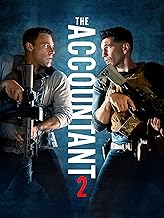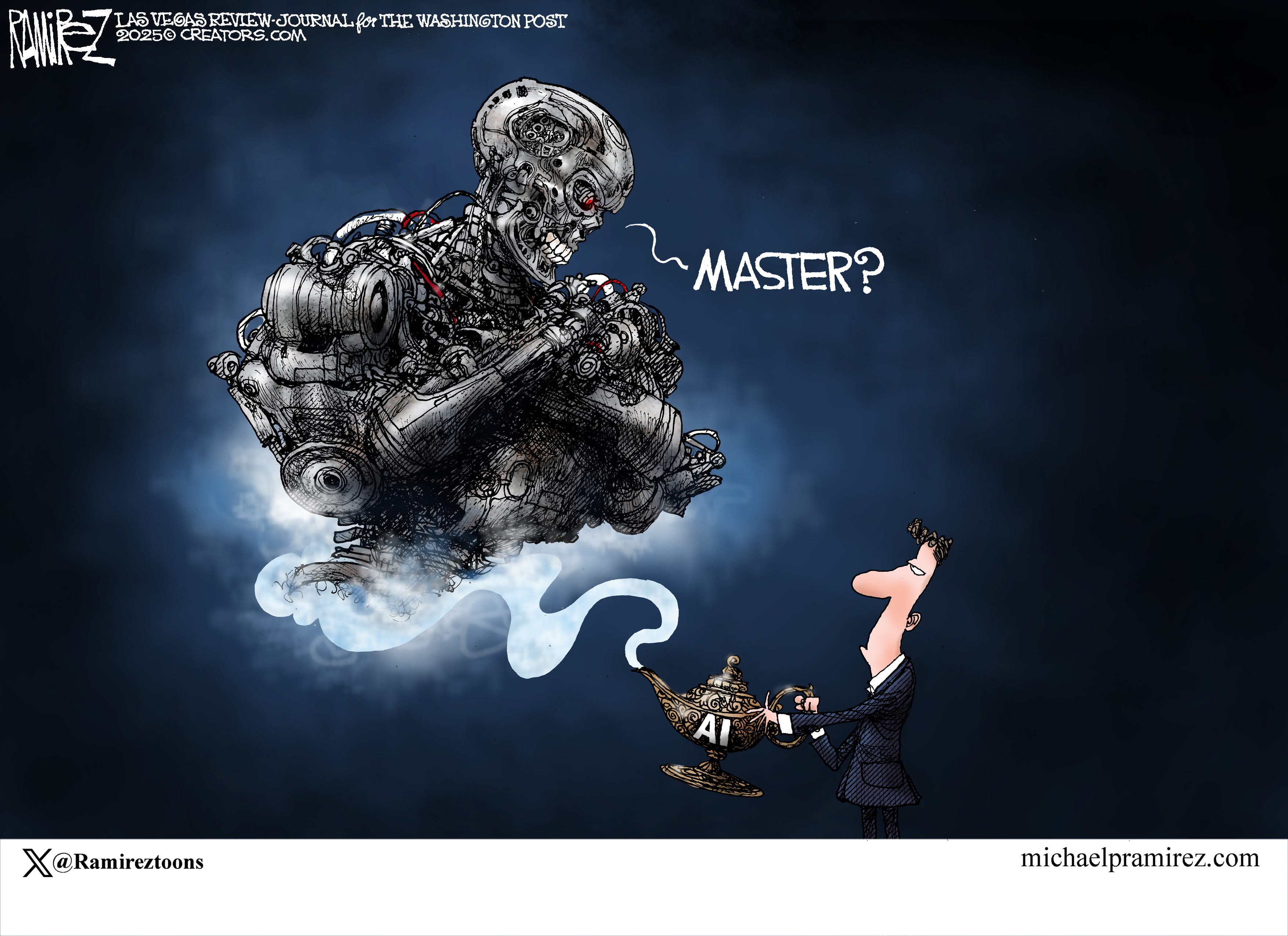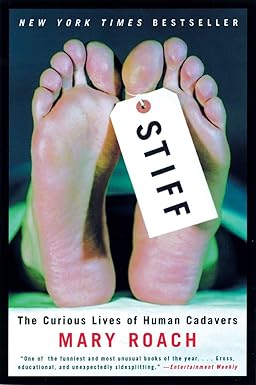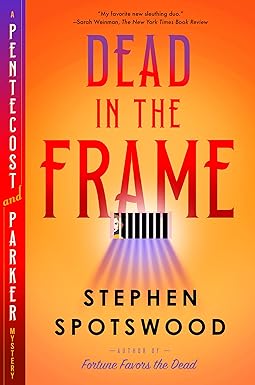My mole at the University Near Here forwarded me the letter sent out yesterday by President Elizabeth Chilton to "colleagues":
Last week, the New Hampshire Legislature passed the state’s FY26–FY27 budget, which includes a policy provision prohibiting public entities from implementing diversity, equity, and inclusion (DEI) initiatives […]. This provision is effective today, and as a public university, UNH must comply with this new requirement.
Since 2012, New Hampshire law has prohibited preferential treatment based on race and other protected characteristics in public-sector employment and university admissions. More recently, in response to federal executive orders, UNH conducted a comprehensive review of its programming to ensure compliance with federal nondiscrimination law.
UNH remains fully committed to providing educational access and opportunity, and to fostering a learning and working environment where all members of our community feel that they belong and can succeed. However, the new law requires us to reexamine how we pursue these goals within its parameters. While we do not believe our current policies or practices conflict with the statute, the broad language of the provision and the risk of significant financial penalties require us to take proactive steps to mitigate uncertainty.
- Website, Policy, and Program Review: In order to allow us time to thoroughly assess programs, policies, and online materials in light of the new statute, the university’s primary diversity and inclusion webpage has been temporarily removed. Academic and administrative leaders have also been asked to remove DEI-related content on their unit websites while we conduct our review.
- Hiring Practices: We are prohibiting the use or request of diversity statements in hiring and promotion processes. While previously optional and infrequently used, these statements will no longer be considered to ensure alignment with state law.
- Organizational Adjustments: Nadine Petty will temporarily hold the title of Associate Vice President for Community, Civil Rights, and Compliance. This title reflects Nadine’s leadership of the university’s efforts to ensure compliance with Title IX, disability laws and regulations, and equal opportunity in employment law. Nadine and her team will also play a key role in planning how UNH continues to foster a campus culture that supports access, belonging, and student success in a way that fully complies with state law.
In addition, the law requires public entities to compile a list of all contracts under their control that include DEI-related provisions, including a description of each contract and associated financial obligations. In the days ahead, the USNH General Counsel’s Office will provide guidance on addressing this requirement, which will likely require cooperation from the Sponsored Programs Office, Advancement, Financial Aid, Student Life, and others. Thank you in advance to those who will be asked to assist in this effort.
We will provide an update on this work at the start of the fall semester. In the meantime, thank you for your continued dedication to the values that make UNH a welcoming public university.
Notes:
- Nadine Petty's former title was "Chief Diversity Officer".
- Getting rid of diversity statements for job applicants is a good thing. It's been a bugaboo here at Pun Salad since 2018.
- As President Chilton notes, a lot of DEI-influenced web pages have been drastically revised, or simply memory-holed. For example, compare UNH's current the Diversity, Equity, Access & Inclusion page with its May 3 incarnation.
On the other hand, some of the lower-level outposts of wokeness are still around. The UNH library still has its guide to Racial Justice Resources. (Ibram X. Kendi? Check. Ta-Nehisi Coates? Check. Robin DiAngelo? Of course. Thomas Sowell? Uh…) UNH's Paul College is (as I type) still advertising the 1619 Project, etc.
All this combines with cutbacks in state and federal funding. Almost enough to make me feel sorry for UNH. But then I remind myself that they didn't do any of this until they were forced to.
Also of note:
-
In other New Hampshire education news… Drew Cline, at the Josiah Bartlett Center, explains How both sides lost the ConVal school funding case. And also explains what the "Conval school funding case" is:
On Tuesday morning, the New Hampshire Supreme Court for the first time ordered the state to spend a minimum amount of money—$7.356.01 per pupil—to educate public school students.
The state therefore lost this landmark school funding case, Contoocook Valley School District v. State, as it had tried to avoid such a decree. But a closer read suggests that ConVal and the other school districts that sued to force an increase in state education aid also lost.
What follows is a lot of calculation, but this is key:
Instead of a ruling ordering an increase in state aid so large that it would require a new state tax, the districts won a ruling that obligates the state to spend only $247.22 more per pupil than it has committed to spending in the Fiscal Year 2026.
Drew also points out that it's ludicrous to think "the New Hampshire Constitution actually obligates the state to determine the cost of an adequate public education and then fully fund it." But that horse legally left the barn.
-
Good and hard. Allison Schrager writes on The new divide.
These are tough times for New York–based Pension Geeks. Voters here seem determined to destroy one of the world’s great cities. I understand many residents — especially those frustrated that their liberal arts degree and creative non-profit job do not afford them even a middle-class lifestyle in New York — want to see change. The affordability issue is real. But clearly, our education system has failed many people if they think socialism and more price controls are the answer.
Pretty much every position New York’s next probable mayor holds deeply offends me. It’s hard to know where to start. I’m told I should take comfort that many of his policies can’t be enacted anyway. Though we saw in the de Blasio administration that a mayor who is hostile to the police (and actually wants more homeless people on the subway?!) can have a very noticeable and catastrophic impact on public safety — and that hurts the poorest New Yorkers most.
Apparently support for the Zohran came disproportionately from wealthier demographics. The ones who can afford to insulate themselves from the resulting socialist crapfest.
-
"Other than that, though, it's fine!" Veronique de Rugy examines Magical Thinking at the CEA. That's the "Council of Economic Advisors", and it's been stuffed with Trump cheerleaders. So:
The Council of Economic Advisers’ new analysis of the One Big Beautiful Bill reads more like campaign literature than serious economic forecasting. The headline claims of booming GDP growth, surging wages, and miraculous deficit reduction are based on assumptions so rosy they make the 2017 dynamic-scoring debates look conservative. The CEA asserts that the bill will reduce deficits by $4.9 trillion over a decade and bend the debt curve downward. But independent experts have pointed out that the actual fiscal impact is likely to increase primary deficits by between $2.2 and $3.5 trillion. That is a swing of up to $9 trillion.
There are serious problems with the analysis. It includes double-counting tariff revenue and interest effects, it mixes budget windows, and it conflates level increases with changes in the growth rate. It projects that deficit as a share of GDP in FY2025 will be smaller than in FY2024, even though the deficit as a share of GDP for the first 2/3 of FY2025 is over 13 percent higher than in FY2024. According to the Committee for a Responsible Federal Budget, the calculation errors alone could amount to $3 trillion. This is extraordinary.
Even worse, the CEA analysis relies heavily on policies that do not even currently exist, such as hypothetical discretionary spending cuts and deregulatory actions that haven’t happened yet (and sadly will take time to be adopted even if they are ever to be approved). It then assigns them massive economic effects. For example, the CEA claims that deregulation will raise annual economic growth by 0.29 percent, based on a one-time cost estimate of Biden-era regulations. But as Marc Goldwein points out, that estimate might support a one-time increase in the level of GDP, not a sustained increase in the annual growth rate.
Vero's not optimistic about the OBBB, so neither am I. I have to admit that things are, so far, looking pretty sweet investment-wise.
-
As long as we still have Lee Child and Robert Crais… Lou Aguilar writes at the Spectator about the testosterone shortage at the library: Male Novel Readers Are Not Fiction.
A New York Times article last Wednesday teased both a fascinating mystery and its solution, “Why Did the Novel-Reading Man Disappear?” But the author, Joseph Bernstein, delivered neither, only a rambling circumstantial essay full of standard feminist drivel and distortion. The most popular novels in the 19th Century, for instance, were not written by women as Bernstein claims but by men like Dickens, Tolstoy, Dumas, Collins, Twain, and many more. The works of now beloved female novelists such as Jane Austen (Pride and Prejudice, Sense and Sensibility) and Bronte sisters Charlotte (Jane Eyre) and Emily (Wuthering Heights) took much longer to be recognized as classic — in Emily’s case, after her death.
But then the title of the piece is false. Novel-reading men have not disappeared. Novels for men have — from mainstream publishers, if less totally than male-driven fare from Hollywoke. Bernstein touches upon the reason then instantly excuses it. “Starting in the 1980s, a new generation of women came to dominate the publishing industry.” The idea, he adds, “that liberal politics have destroyed the space for male readers — seems like a huge oversimplification. And many people who care about the future of the male fiction reader are keen to avoid it.”
I've written before about my impression of the "New Fiction" table at the Portsmouth (NH) Public Library. And their Staff Directory is still very feminine.
But it's very much a chicken-and-egg problem: Woman book-buyers buy woman-authored books for their female clientele. Which probably discourages men from trying either to write, or read, guy books. Which feeds back to…
![[UNH]](/ps/media/unh_thall.webp)


![[Amazon Link]](/ps/asin_imgs/1596986492.jpg)
![[Amazon Link]](/ps/asin_imgs/1930865856.jpg)


![[Hipsters]](https://imgs.xkcd.com/comics/hipsters.png)
![[Amazon Link]](/ps/asin_imgs/B007AIXLDI.jpg)
![[The Blogger and His Dog]](/ps/images/me_with_barney.jpg)



